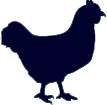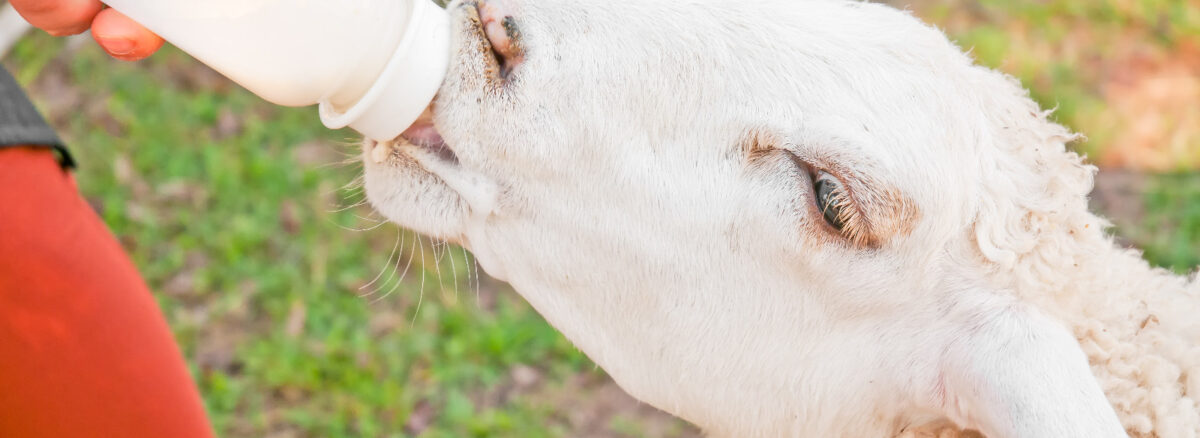Minerals and Supplements for Sheep
Sheep should always have ready access to sheep-formulated minerals, either in the form of loose minerals in a clean dispenser or from mineral blocks in a clean holder. These help supply sheep with essential nutrients like calcium, chlorine, sodium, phosphorous, magnesium, sulfur, potassium, Vitamins A, D, and E, and trace minerals like copper, cobalt, iodine, iron, manganese, molybdenum, selenium, and zinc. The most likely deficiency a sheep may have in nutrients is often Vitamin E and selenium. If you suspect these deficiencies, talk to a veterinarian about getting a blood test and options for supplementation in the case of confirmed deficiencies. A prolonged deficiency of certain vitamins or minerals can have catastrophic health consequences, such as stiffness, lameness, paralysis, neurological problems, and White Muscle Disease.
Generally, a sheep should be fed a 2 to 1 calcium to phosphorous radio to prevent urinary calculi.
Things That Are Toxic to Sheep
Like many herbivores, there are some common plants and foods that are toxic and must be kept out of a sheep’s living space for their health. In the case of toxic trees, even their leaves in fall can contain enough toxin to seriously harm sheep. This includes:
- Animal products of any kind
- Avocado
- Azaleas
- Bracken Ferns
- Buttercup
- Cassava
- Cherry, chokecherry, elderberry, and plum trees
- Chocolate
- Foxglove
- Kale
- Hemlock
- Holly trees
- Lilacs
- Lily of The Valley
- Oleander
- Ponderosa Pine trees
- Poppy
- Potato
- Milkweed
- Mountain Laurel
- Nightshades
- Red Maple trees
- Rhododendrons
- Rhubarb
- St. John’s Wort
- Yew trees
- Many ornamental plants










